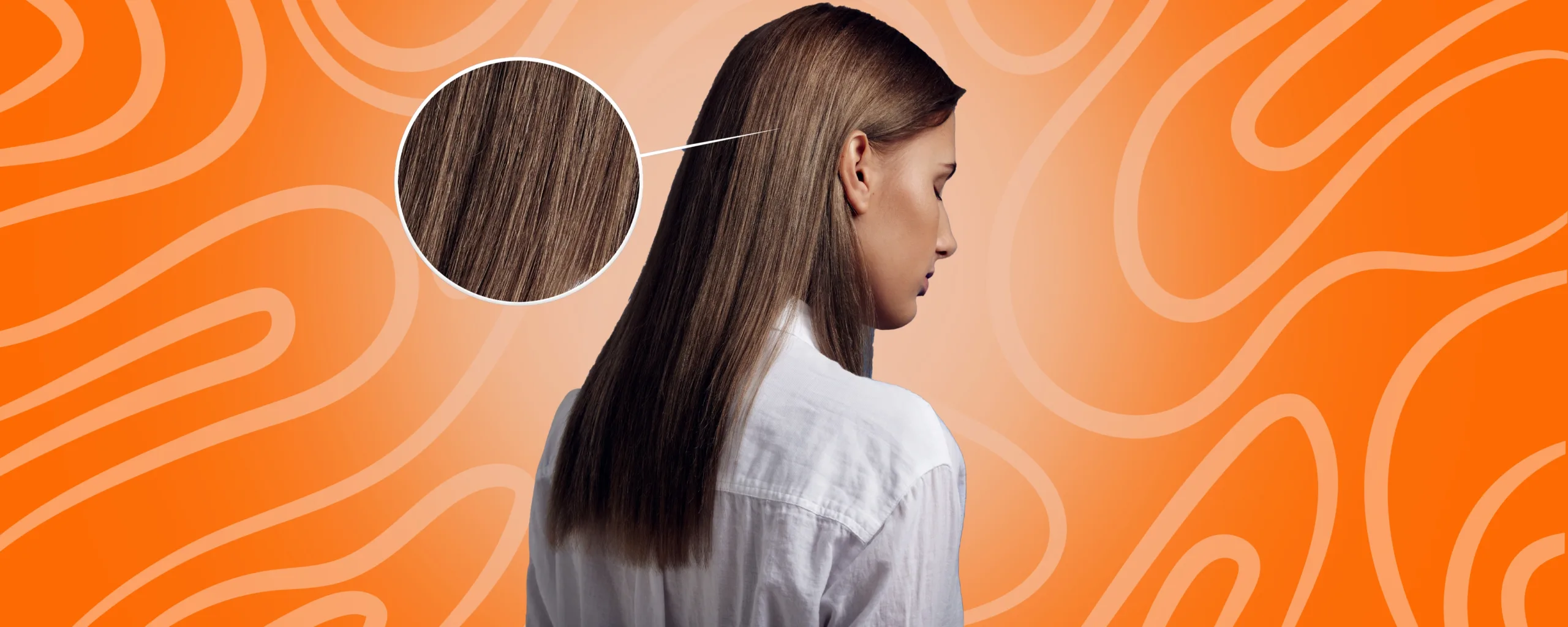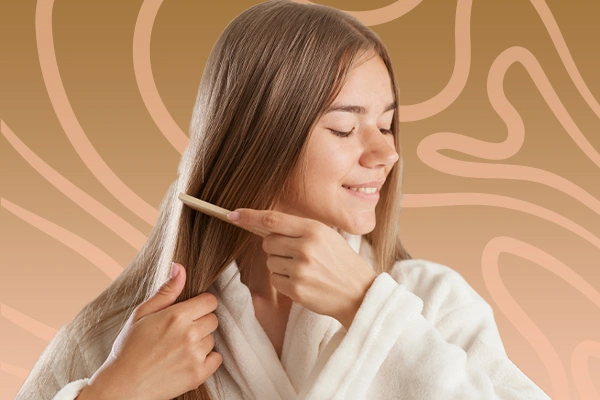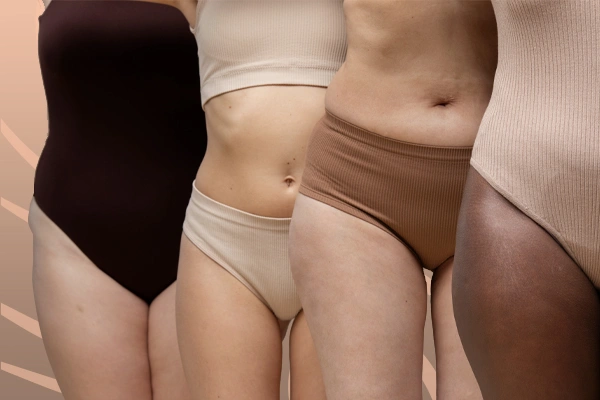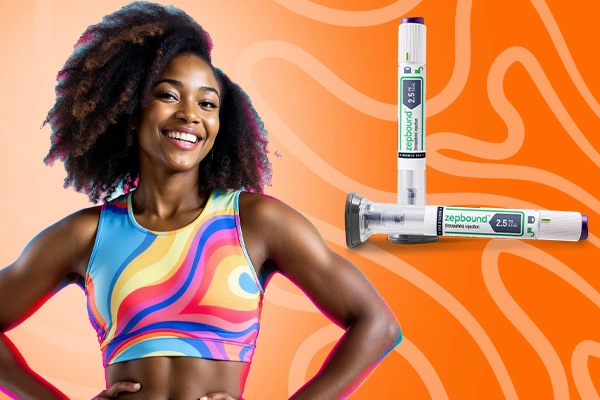Can Botox Cause Hair Loss or Help Hair Growth? What Science Says About Botox and Hair Loss
The link between Botox and hair loss remains unclear. While rare reports suggest Botox might cause frontal hair thinning (especially with repeated forehead injections), some studies show it may actually promote hair growth by improving scalp circulation. Here’s what science says:
- Anecdotal cases report localized hair thinning post-Botox.
- Small studies suggest Botox may aid hair regrowth in androgenetic alopecia.
- Possible effects involve blood flow changes, nerve signaling, or stress-related shedding.
- Experts agree there’s no proven causal link—consult a specialist before treatment.
In short, Botox may affect hair, but current evidence is limited and mixed.
Botox, or botulinum toxin type A, is a neurotoxic protein derived from Clostridium botulinum, widely used for both cosmetic and therapeutic purposes. While it is most commonly known for reducing facial wrinkles, Botox is also used in medical treatments for conditions such as chronic migraines, hyperhidrosis (excessive sweating), and muscle spasms. However, concerns have been raised regarding a potential link between Botox treatments and hair loss. This article explores the scientific evidence behind this claim, evaluating both direct and indirect mechanisms that might contribute to hair loss or, conversely, hair regrowth.
Understanding Botox’s Mechanism of Action
Botox works by inhibiting the release of acetylcholine at neuromuscular junctions, leading to temporary muscle paralysis. This mechanism helps reduce dynamic wrinkles and treat conditions related to excessive muscle activity. However, its impact on blood flow, nerve signaling, and localized tissue function has raised questions about its potential effects on hair follicles.
Botox and Hair Loss: A Review of the Evidence
Case Reports and Observational Studies
Other than the effect of poor diet on hair loss, and how you should take care of your hair after 50, some anecdotal reports and small-scale studies suggest a potential link between Botox and hair loss. A 2016 case series published in Skin Appendage Disorders reported five female patients experiencing frontal alopecia following repeated Botox injections for forehead wrinkles. Trichoscopic examinations showed hair miniaturization without scarring or atrophy, leading the authors to propose the term “botulinum-induced frontal alopecia” (BIFA). While these cases suggest a possible association, the small sample size and lack of control groups limit the strength of these findings.

Clinical Studies on Botox as a Hair Loss Treatment
Interestingly, some studies indicate that Botox may promote hair growth in certain conditions. A 2017 pilot study investigated the effects of intramuscular Botox injections on androgenetic alopecia (male pattern baldness) in ten male patients. After 24 weeks, eight patients showed significant hair regrowth. Researchers hypothesized that Botox’s ability to relax scalp muscles might improve local blood circulation. That can increase oxygen and nutrient delivery to hair follicles.
Further, a 2022 systematic review analyzed the efficacy of Botox injections in androgenetic alopecia. It showed that Botox may benefit hair growth by reducing scalp tension and improving vascular supply. However, the authors emphasized the need for larger randomized controlled trials to confirm these effects.
Potential Mechanisms Linking Botox to Hair Loss
Direct scientific evidence linking Botox to widespread hair loss remains limited. However, several potential mechanisms have been proposed:
1. Vascular Insufficiency
Botox-induced muscle relaxation could alter local blood circulation, potentially affecting the microvascular environment of hair follicles. While reduced scalp muscle tension might enhance blood flow in some cases, excessive reduction in vascular tone could theoretically impair follicular function.
2. Neurological Factors
Hair follicles are influenced by neuropeptides and neurotransmitters that regulate the hair growth cycle. Botox’s action on nerve endings might disrupt the release of signaling molecules crucial for maintaining the anagen (growth) phase, though this remains speculative.
3. Stress and Telogen Effluvium
Psychological stress from cosmetic procedures, including Botox, can trigger telogen effluvium, a temporary hair shedding condition caused by premature entry of hair follicles into the resting (telogen) phase. However, this form of hair loss is reversible and not directly caused by Botox’s pharmacological effects.

Expert Opinions and Clinical Perspectives
Medical professionals emphasize the importance of individual patient factors when assessing the potential risk of Botox-related hair loss. Dr. Jeff Steinberg, a neurologist specializing in headache management, highlights that Botox is effective for chronic migraine treatment. However, reports of hair loss remain largely anecdotal. He advises patients to discuss concerns with qualified healthcare providers to ensure informed decision-making.
Similarly, the Plastic Surgery Institute of Washington acknowledges discussions surrounding hair-related side effects of Botox but notes that current scientific evidence does not establish a definitive causal relationship. They recommend consulting experienced practitioners to address any concerns before undergoing treatment. In addition, even if you decide not to go through with Botox, you still need to learn how to protect your hair in Dubai, and you can ask our professionals about effective tips to take care of your hair before it’s too late for that.
Conclusion
The relationship between Botox and hair loss remains inconclusive. While isolated case reports suggest a possible link, particularly with frontal hairline recession following repeated forehead injections, these instances are rare. Conversely, some studies suggest that Botox may have a beneficial effect on hair growth by improving blood circulation in the scalp. The available scientific evidence does not strongly support a direct causal link between Botox and significant hair loss.
For individuals considering Botox in Dubai for either cosmetic or medical purposes, thorough consultations with qualified professionals are essential. These discussions should include potential risks, benefits, and alternative treatments tailored to each patient’s unique medical history and aesthetic goals. Plus, you can always try our IV therapy for hair growth services at Elegant Hoopoe to reclaim your beauty.
References
allure-I Tried Everything to Treat My Hair Loss
Karger-Use of Botulinum Toxin for Androgenic Alopecia: A Systematic Review





